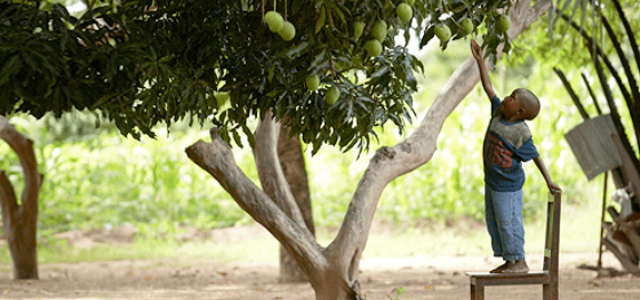Leveraging AI and Global Partnerships to Build a Multi-Site Diagnostic Consortium for Heavy Menstrual Bleeding in South India and Sub-Saharan Africa
Everett Tate of the University of Chicago in the U.S., with collaborators in the United Arab Emirates, Ghana, Kenya, South Africa, and India, will establish a multi-site consortium for research on heavy menstrual bleeding. Consortium sites, including hospitals, clinics, and universities, will standardize processes for collecting patient samples and data, and they will establish a database integrating immune and cytokine profiling, genetic analysis, and ultrasound imaging, including AI-based data modeling. They will also perform epidemiological analyses, incorporating data gathered from patients visiting mobile health vans, to better understand the geospatial distribution of heavy menstrual bleeding prevalence and risk. The consortium approach will provide a framework to improve the accuracy, efficiency, and accessibility of early diagnosis of the condition in low-resource settings.






